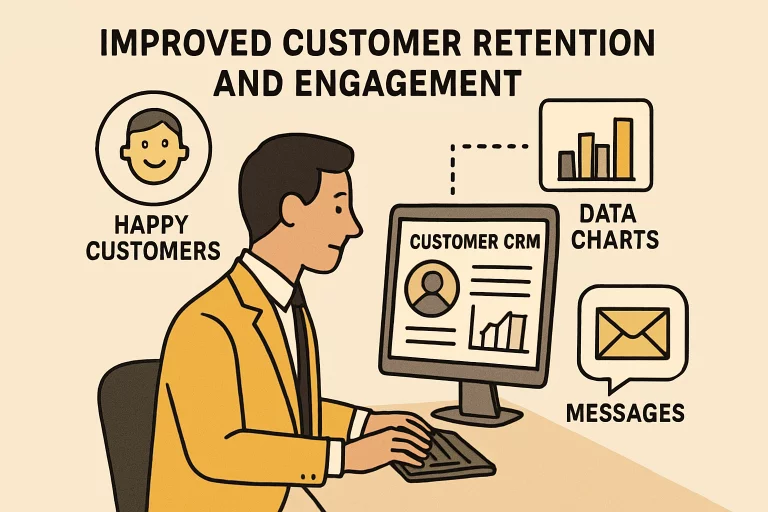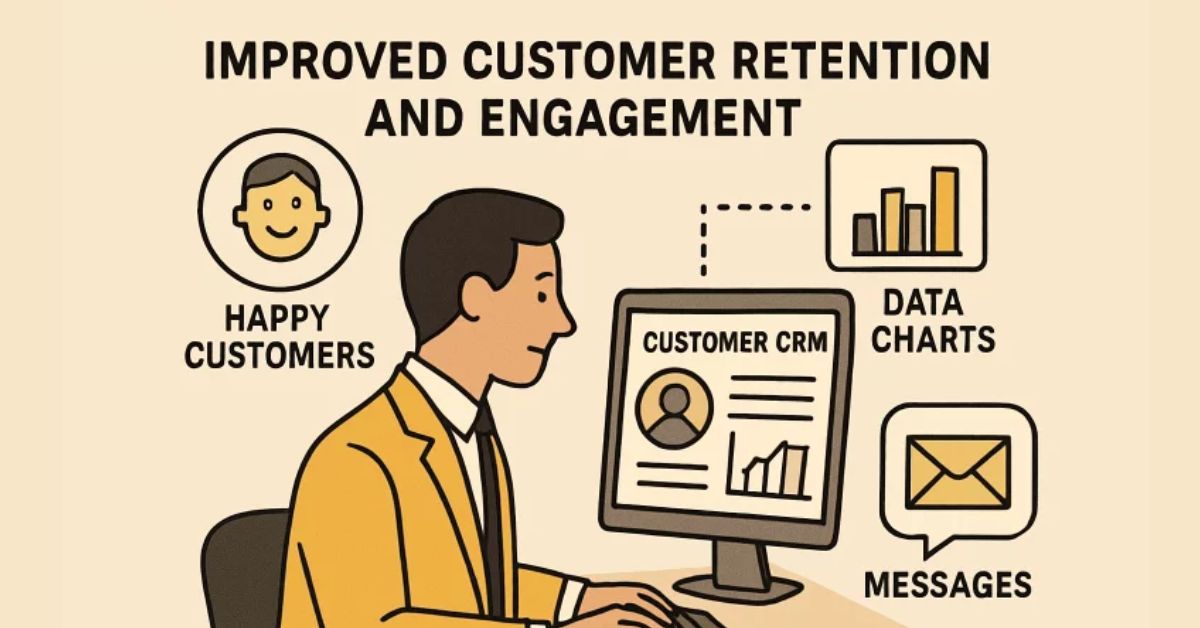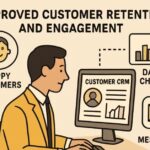Understanding CRM and Its Impact on Customer Retention
CRM systems have evolved from basic databases to comprehensive platforms that manage a business’s relationships with customers. They enable companies to gather, organize, and analyze customer data at every interaction point, enabling them to build lasting relationships based on genuine understanding and responsive service. CRM optimization guides help organizations unlock the full potential of these systems by offering practical strategies for configuration, automation, and integration. CRMs allow companies to curate personalized and scalable experiences, and their impact on customer retention can be transformative. Research shows that even a 5% increase in customer retention can yield profit increases of up to 95%. CRMs streamline critical functions, such as targeted communication, timely follow-ups, and complaint resolution, helping organizations anticipate needs, resolve issues swiftly, and nurture emotional loyalty among clients.
Key Features of CRM That Enhance Customer Retention
Modern CRM systems provide a comprehensive customer profile by synthesizing customer interaction histories, purchasing patterns, preferences, and engagement levels. This data allows businesses to personalize every interaction, creating touchpoints that make each customer feel unique and understood. CRM systems also improve customer service by centralizing all essential customer information in one location, allowing agents to suggest solutions and resolve issues proactively. This leads to more efficient and empathetic support, fostering trust and long-term client retention.
Advanced analytics, such as predictive modeling and AI-driven alerts, enable businesses to monitor customer patterns and take immediate, proactive action, such as offering special support or conducting satisfaction check-ins. This data-driven approach significantly increases customer lifetime value and demonstrates a brand’s continued investment in client success.

Implementing CRM Strategies for Better Retention
CRM-powered retention plans involve continuous data analysis to identify trends and pain points in customer behavior. This analysis helps businesses design targeted campaigns, product enhancements, and service improvements that address customer needs, leading to higher retention rates. Segmentation by geography, transaction size, buying frequency, or lifecycle value allows for targeted offers and communication strategies. Modern CRM platforms enable feedback integration from multiple channels, allowing businesses to identify service gaps, develop products that fit customer desires, and respond promptly to complaints. This feedback loop closes the gap between expectations and delivery, earning customer loyalty and improving retention and brand reputation.
Challenges in CRM Implementation and How to Overcome Them
Data silos are a significant challenge in CRM implementation, as they prevent organizations from gaining a unified customer view. To overcome this, it is essential to integrate all touchpoints into a single CRM environment, such as marketing automation, online forms, helpdesks, and sales platforms. Leading CRM solutions offer robust APIs and automation capabilities to ensure seamless information flow. Employee training is crucial for maximizing the adoption of CRM systems, with comprehensive programs, continuous upskilling, and easy access to support resources. Additionally, selecting a CRM that emphasizes seamless integration with critical software, such as email marketing, project management, accounting applications, or third-party data feeds, is essential. Premium CRM vendors often have pre-built integrations and dedicated support teams to address compatibility issues quickly.
The Future of CRM in Customer Retention
CRM platforms are undergoing a significant transformation, driven by AI and machine learning. These technologies are analyzing large datasets to predict customer needs, segment audiences, and initiate preemptive engagement. As privacy concerns and GDPR become more prominent, businesses are focusing on transparent data usage, consent management, and trust-centered practices. CRM predictive analytics are being used to identify early customer churn, enabling timely intervention and retention. Business leaders should regularly refer to industry resources and monitor software innovations and customer experience trends. A robust CRM is more than just software; it represents a strategic advantage, allowing companies to retain customers, unlock sustainable growth, and secure industry leadership.







